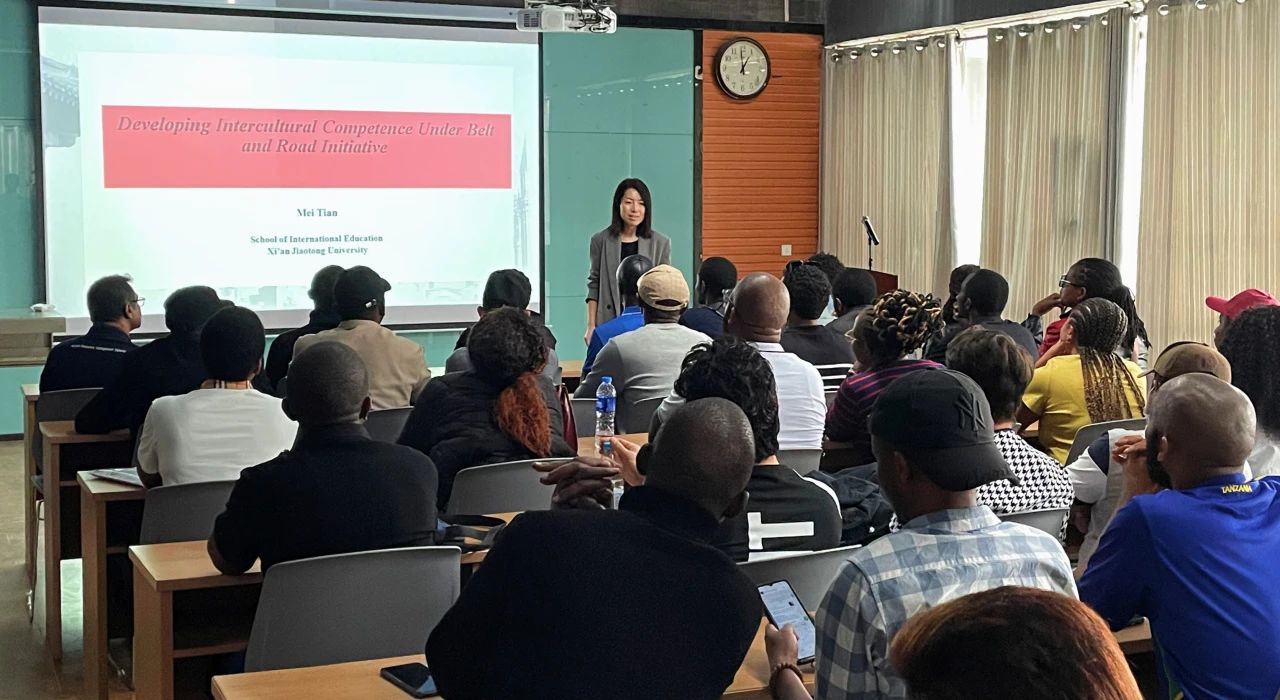
此外,田美教授提及了中国最重要的国际合作倡议“一带一路”,与西方的全球化相比,中国的“一带一路”依赖于发展国家、文化和文明之间交流的叙事,从2100多年前张骞开辟的横贯东西、连接欧亚的丝绸之路到如今提出的“丝绸之路经济带”和“21世纪海上丝绸之路”,几千年来,在这条古老的丝绸之路上,各国之间政治互信、经济融合、文化包容,谱写了千古友谊的篇章。
In addition, Professor Tian Mei mentioned China's most important international cooperation initiative "The Belt and Road Initiative ", compared with the globalization of the Western countries, China's "Belt and Road" relies on the development of the narrative of exchanges between countries, cultures, and civilizations, from the Silk Road explored by Zhang Qian more than 2,100 years ago across the east and west, connecting Europe and Asia to the "Silk Road Economic Belt" and the "21st Century Maritime Silk Road" proposed today, for thousands of years, on this ancient Silk Road, political mutual trust, economic integration, cultural tolerance has written a chapter of friendship through the ages.
而在当今时代下,培养跨文化能力就尤为重要。田美教授讨论了跨文化能力多维模型中知识、技术、态度三个方面的重要性。她指出我们要减少文化刻板印象和种族中心主义。
In this day and age, it is even more important to develop intercultural competence. Professor Tian Mei discussed the importance of knowledge, technology, and attitude in the multidimensional model of intercultural competency. She pointed out that we need to reduce cultural stereotypes and ethnocentrism.
最后,田美教授总结道,我们要用平等、尊重、爱心来看待这个世界,用欣赏、包容、互鉴的态度来看待世界上的不同文明,让我们生活的这个星球变得更加美好。
Finally, Professor Tian Mei concluded that we should look at the world with equality, respect, and love, and look at different civilizations in the world with an attitude of appreciation, tolerance, and mutual learning, so as to make the planet we live in a better place.
在问答与交流环节,在场学生针对全球化和中国“一带一路”等话题进行了讨论,分享了中国“一带一路”倡议给自己国家带来的益处,对本次讲座进行了深入的思考。
In the Q&A session, the students discussed topics such as globalization and China's "Belt and Road", shared the benefits of China's "Belt and Road" initiative to their countries, and gave in-depth thoughts on the lecture.



